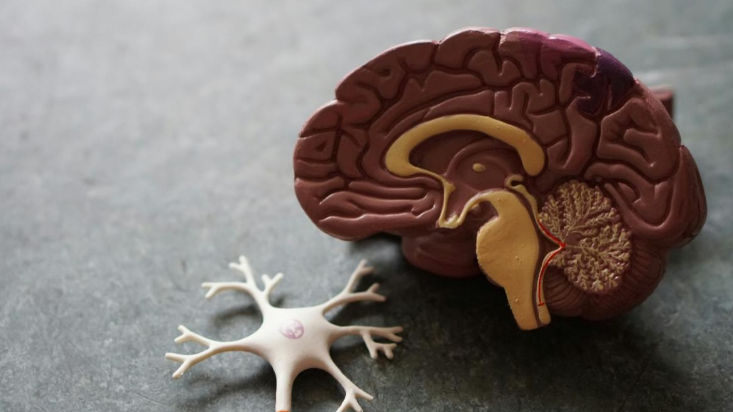
Bridging the Gap: Enhancing quality of life living with Parkinson’s Disease through Multifaceted Research
Parkinson’s disease is a complex neuro degenerative condition that affects millions around the globe. It not only affects the individuals diagnosed, but their families and communities as well. As a researcher delving into the depths of this disorder, my journey has incorporated both the realm of scientific exploration and deep personal connections. In this blog, I’ll share insights into Parkinson’s disease gathered from my experiences, shedding light on the challenges, triumphs, and ongoing pursuit of understanding.
Understanding Parkinson’s Disease
Parkinson’s disease is caused by the gradual loss of nerve cells (dopaminergic neurons) in the brain, particularly in an area called the substantia nigra. This leads to several motor symptoms such as bradykinesia (slowness of movement), tremors, rigidity, and postural instability. As well as motor problems, Parkinson’s can also cause a range of non-motor symptoms, including mood disorders, sleep difficulties, autonomic dysfunction, and dementia. To- date, the diagnosis of Parkinson’s disease is primarily based on these symptoms by an experienced Neurologist as there is no X-ray or blood test that confirms the disease.
My Research Journey
My journey into Parkinson’s research started with a keen curiosity to comprehend the intricacies of this mysterious disease. From conducting a literature review to designing my research project “Clinical and Psychosocial Determinants of Perceived Quality of Life in People with Parkinson Disease”, every step has been a learning process filled with challenges.
As my data collection was done in my home country, Pakistan, the first step of my research project was to translate and validate some of the assessment tools that I needed, which were not available in participants’ native language of Urdu. This was a meticulous process that involved ensuring that the scales were linguistically and culturally appropriate. I then used these tools to gather cross-sectional data that would help me to identify some of the clinical and demographic predictors of quality of life amongst people with Parkinson’s. Initial findings of my research revealed that quality of life in people with Parkinson’s varies with age, gender, family income, disease stage, and psychosocial factors. Positive relationships were observed with social support and general health perception, while stigma, depression, and anxiety were linked to lower quality of life. Further analyses are underway to explore these predictors comprehensively.
Presently, I am immersed in the qualitative part of my research, which aims to explore lived experiences of people with Parkinson’s disease. Together, the findings from both studies will provide a comprehensive understanding of the factors that influence quality of life in people with Parkinson’s disease. I am looking forward to sharing the findings of my study over the coming months.
Challenges and triumphs
While navigating my PhD research, I have encountered numerous challenges, ranging from obstacles of data collection to the complexities of data analysis. Yet, amidst these challenges, there have been moments of rejoicing in uncovering invaluable knowledge and contributing to the collective understanding of this disease. One of the most valuable experiences in my research journey has been interacting with people living with Parkinson’s and their carers. Their stories and viewpoints have given me invaluable understanding, helping me to ground my work in the lived experiences of those affected by the disease. As I continue on my path, I am reminded of the impact that my work can have in enhancing the lives of those affected by Parkinson’s disease.
Information and Support Resources:
https://www.parkinsons.org.uk/
https://www.cureparkinsons.org.uk/
https://www.nhs.uk/conditions/parkinsons-disease/
About the Author
Fozia Hayat is a Ph.D Researcher, University of the Punjab, Lahore, Pakistan. Currently on 1-year international placement within Manchester Centre of Health Psychology, University of Manchester, UK, working under supervision of Dr. Laura Brown.






0 Comments